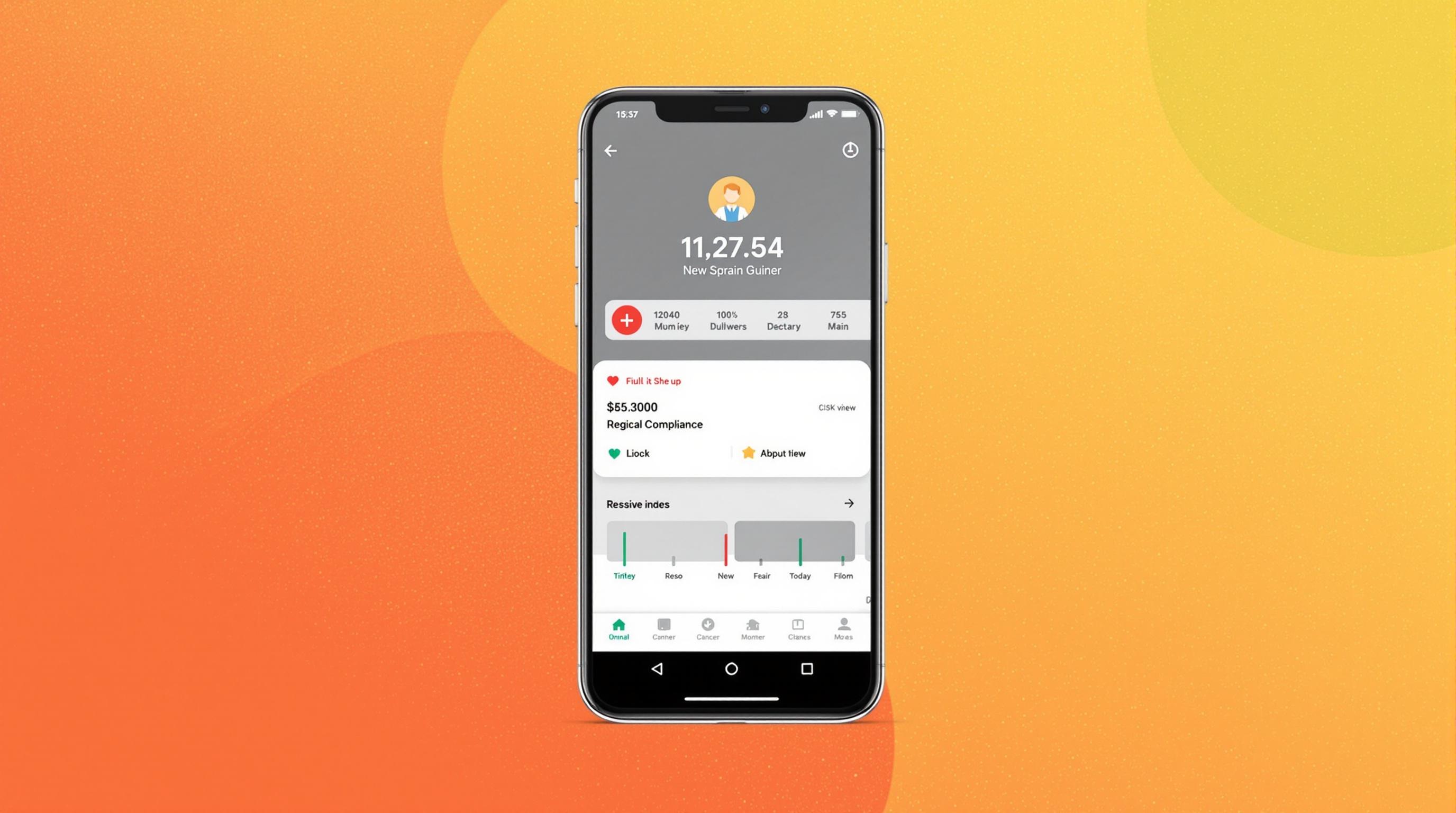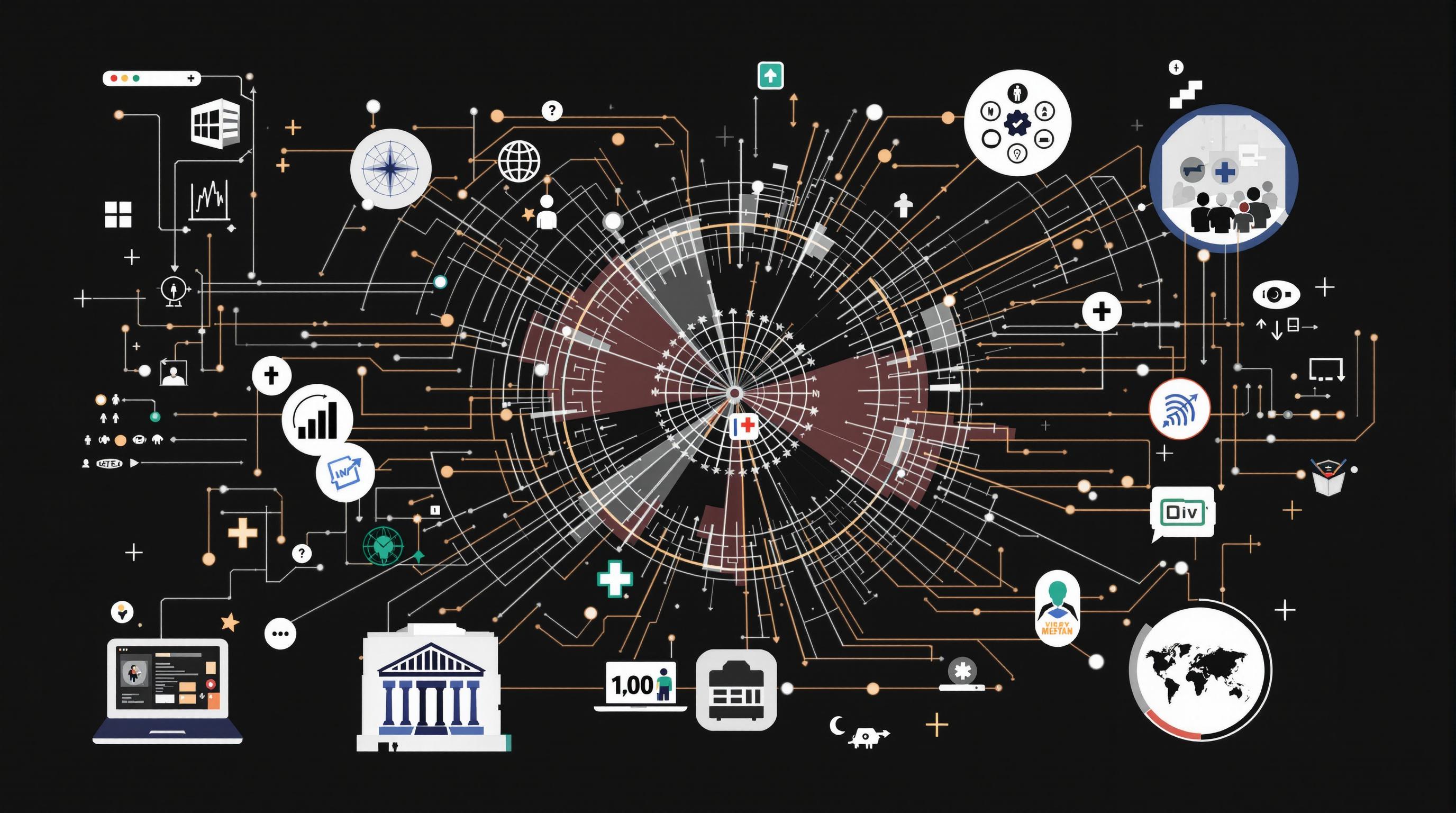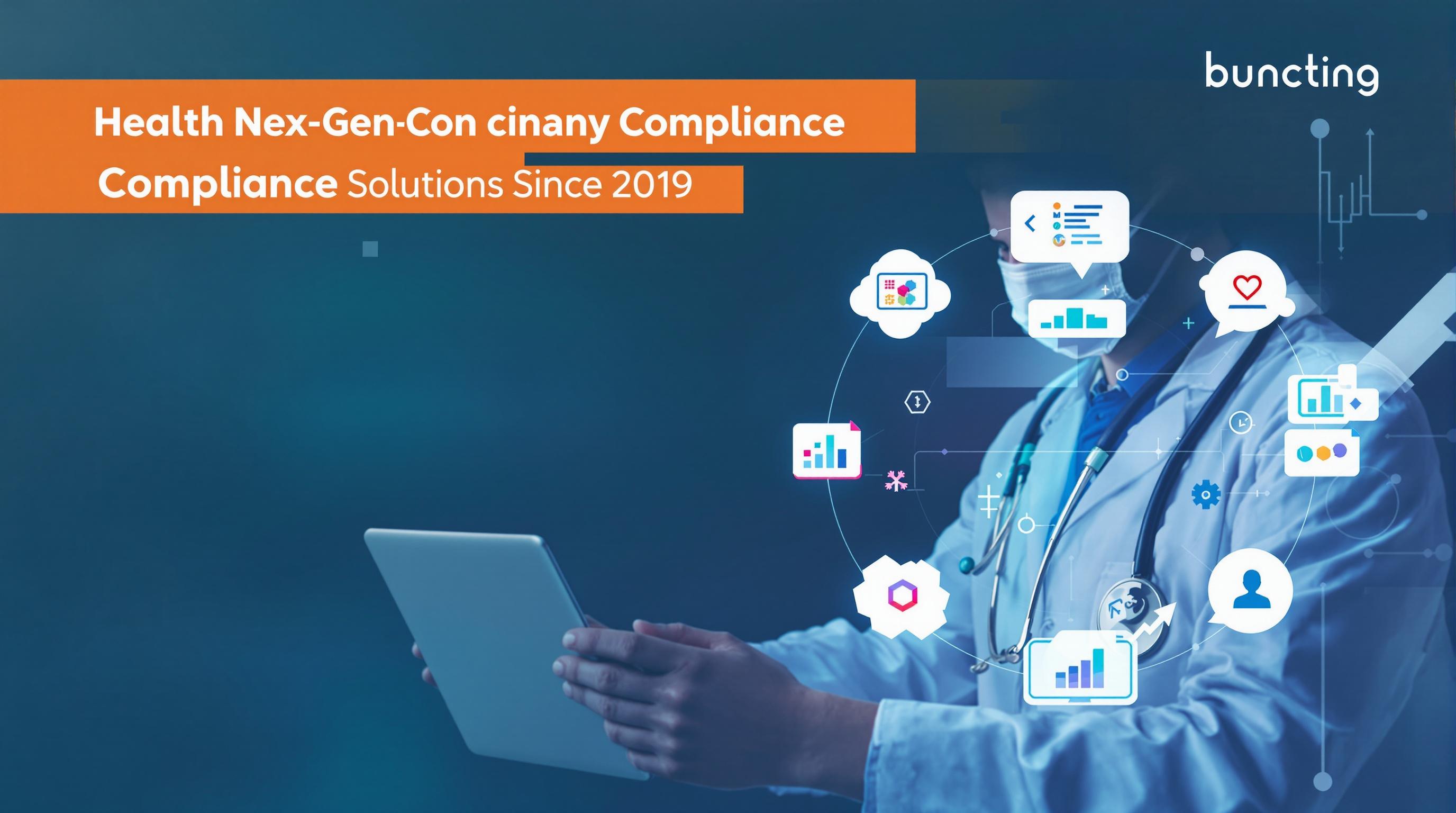Related Articles
- 7 Game-Changing Medical Compliance Apps From the Last 5 Years Redefining User Experience and Data Security
- Unveiling the Impact of Human Factors on Medical Software Adherence in Complex Clinical Settings
- Exploring Ethical Dilemmas in Medical Imaging Software: Patient Privacy and Data Ownership in the Digital Age
- Unveiling the Quiet Revolution: How Medical Imaging Software is Shaping Rare Disease Research and Diagnosis
- 5 Cutting-Edge Medication Management Apps Released Since 2019 Ranked for Accuracy and User Trust
- Unlocking the Forgotten: How Mobile Apps Are Shaping Rare Disease Diagnosis and Patient Advocacy Networks
Top 7 Breakthrough Platforms Introduced Since 2019 Elevating Patient Data Security and Compliance Oversight
Top 7 Breakthrough Platforms Introduced Since 2019 Elevating Patient Data Security and Compliance Oversight
Top 7 Breakthrough Platforms Introduced Since 2019 Elevating Patient Data Security and Compliance Oversight
1. Microsoft Azure Confidential Ledger
Since its introduction in late 2020, Microsoft Azure Confidential Ledger has revolutionized patient data security by offering an immutable, tamper-proof record system built on hardware-based trusted execution environments. This platform enables healthcare providers to maintain confidential logs of access and modifications to patient data, ensuring transparency and accountability in compliance audits.
By leveraging Trusted Platform Modules (TPMs) and Intel SGX technology, Azure Confidential Ledger guarantees cryptographic integrity without exposing sensitive data to administrators or cloud operators. Its capability to provide verifiable evidence of compliance events aids healthcare organizations in meeting stringent regulatory requirements such as HIPAA and GDPR.
Healthcare institutions adopting this platform report significant improvements in breach detection and decreased risk of unauthorized data manipulation. As noted by Microsoft’s official documentation (Microsoft Docs, 2021), Azure Confidential Ledger integrates seamlessly with existing Electronic Health Record (EHR) systems, amplifying patient data protection without disrupting clinical workflows.
2. Google Cloud Healthcare API with Security Command Center
Introduced in 2019, Google Cloud’s Healthcare API combined with its Security Command Center offers an advanced security framework tailored to patient data governance. This platform enables real-time monitoring and automated response to security threats across patient datasets stored in the cloud.
Security Command Center integrates vulnerability scanning, threat detection, and compliance monitoring into a unified dashboard. Healthcare providers benefit from continuous insights into potential data leakage points, misconfigurations, and unauthorized access attempts. Data at rest and in transit is safeguarded through robust encryption and identity management protocols.
According to a Google Cloud case study (Google Cloud, 2020), the platform helped several hospitals reduce compliance-related data incidents by 40%, underscoring the importance of centralized security visibility in patient data protection.
3. IBM Watson Health Data Shield
IBM Watson Health unveiled Data Shield in early 2021, focusing on secure multi-party data collaborations without exposing protected health information (PHI). Using homomorphic encryption and differential privacy technologies, Data Shield allows researchers and healthcare entities to analyze aggregated patient data while maintaining strict confidentiality.
This platform addresses compliance complexities by ensuring that data sharing agreements adhere to HIPAA and GDPR rules, enabling advanced analytics and AI-driven insights without compromising patient privacy. Organizations employing Watson Health Data Shield can perform collaborative research, clinical trials, and population health studies with enhanced security guidelines.
Industry feedback highlights that this breakthrough supports both innovation and compliance, facilitating data-driven healthcare breakthroughs while safeguarding patient identities (IBM Press Release, 2021).
4. Protenus AI Compliance Platform
Protenus, since 2019, has led the way with its AI-powered compliance platform designed to detect and predict insider threats and improper access to patient data. Using machine learning algorithms, it scrutinizes EHR access patterns to identify anomalies indicative of potential data breaches or policy violations.
Healthcare compliance teams leverage dashboards and automated alerts to act swiftly on suspicious behaviors, significantly lowering compliance risk. The platform’s ability to continuously learn from healthcare data environments helps maintain evolving oversight in dynamic clinical settings.
As reported by Protenus in their 2022 annual review, users of the platform detected and mitigated an average of 30% more potential violations compared to traditional monitoring methods.
5. ClearDATA Patient Privacy Platform
Launched in 2020, ClearDATA’s platform offers comprehensive compliance management for healthcare cloud environments. It combines automated risk assessments, audit-ready reporting, and HIPAA-specific controls to streamline security governance.
The ClearDATA platform integrates with popular cloud service providers and healthcare software, automating the enforcement of data protection policies and reducing manual oversight burdens. Its continuous compliance monitoring ensures alignment with evolving regulatory frameworks.
Independent evaluations demonstrate that healthcare providers using ClearDATA decrease compliance remediation times by up to 50%, optimizing operational efficiency while securing patient health information (ClearDATA, 2021 Report).
6. Virtru Dynamic Data Protection
Introduced in 2019, Virtru’s Dynamic Data Protection platform emphasizes end-to-end encryption and granular access controls for patient data sharing. Its unique approach allows data owners to maintain control over data distribution even after it has been sent, enforcing policies dynamically.
By integrating easily with email, cloud storage, and collaboration tools, Virtru facilitates secure communication among healthcare stakeholders without sacrificing usability. The platform’s compliance center provides audit trails and consent management features critical for HIPAA compliance.
Virtru’s customer success stories cite reduced unauthorized data exposure incidents and streamlined compliance audits, making it a leading choice for sensitive patient data protection across healthcare networks (Virtru Case Studies, 2022).
7. Netskope Security Cloud for Healthcare
Since 2019, Netskope Security Cloud has delivered a comprehensive cloud access security broker (CASB) solution specially optimized for healthcare. It offers real-time visibility, data loss prevention, and compliance enforcement for cloud applications managing patient data.
The platform uses advanced threat intelligence and user behavior analytics to minimize risks from shadow IT and insider threats. Netskope’s granular policies help healthcare organizations enforce HIPAA and HITRUST requirements across their entire cloud ecosystem.
According to independent research by Forrester (2021), organizations deploying Netskope gain enhanced control over sensitive health information, coupled with faster incident response times, thus greatly improving compliance posture.
8. Onapsis Security Platform for Healthcare ERP Systems
Onapsis introduced a healthcare-tailored extension in 2020 to its core ERP security platform, focusing on protecting patient data within enterprise resource planning systems like SAP and Oracle. These systems often contain sensitive patient billing and administrative records that are critical but vulnerable.
Onapsis provides continuous vulnerability assessments, compliance monitoring, and automated patch management crafted to meet healthcare-specific regulatory demands. The platform helps prevent complex supply chain and insider threats targeting ERP environments.
Healthcare CIOs report that Onapsis’ visibility into ERP risk factors has been instrumental for maintaining regulatory compliance and safeguarding patient data integrity across enterprise operations (Onapsis Whitepaper, 2021).
9. Palo Alto Networks Prisma Cloud for Healthcare
Launched with specialized healthcare features in 2020, Palo Alto Networks Prisma Cloud extends cloud workload protection and compliance oversight tailored for the sensitive environments managing patient data.
The platform provides automated compliance audits, attack surface monitoring, and threat prevention for containerized and serverless architectures increasingly adopted in healthcare IT. Prisma Cloud helps enforce both HIPAA and FDA data security standards.
According to Palo Alto Networks’ 2022 report, healthcare clients experienced reductions in misconfigurations by 35%, significantly lowering the risk of accidental data exposures in cloud-native applications.
10. Sectigo Enterprise Certificate Manager for Healthcare
Introduced in 2019, Sectigo’s Enterprise Certificate Manager caters to healthcare’s need for robust encryption key lifecycle management across diverse patient data systems and devices.
Ensuring trust and data security, Sectigo automates issuance, renewal, and revocation of digital certificates across medical devices, applications, and cloud environments. This minimizes certificate-related outages and vulnerabilities that could expose sensitive patient information.
Healthcare organizations leveraging this platform have reported improved compliance audit readiness and reduced security gaps associated with manual certificate management (Sectigo Customer Insights, 2021).




